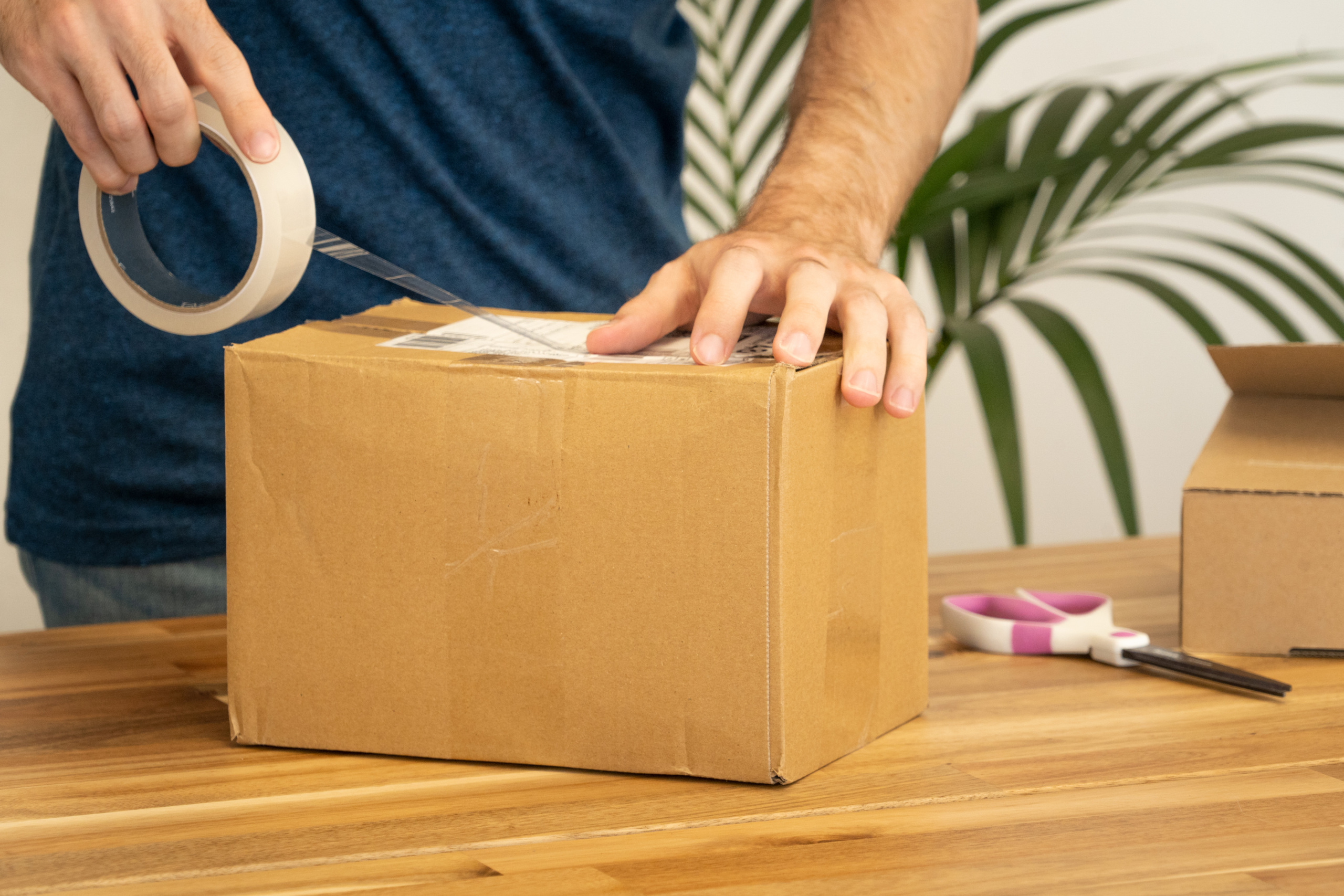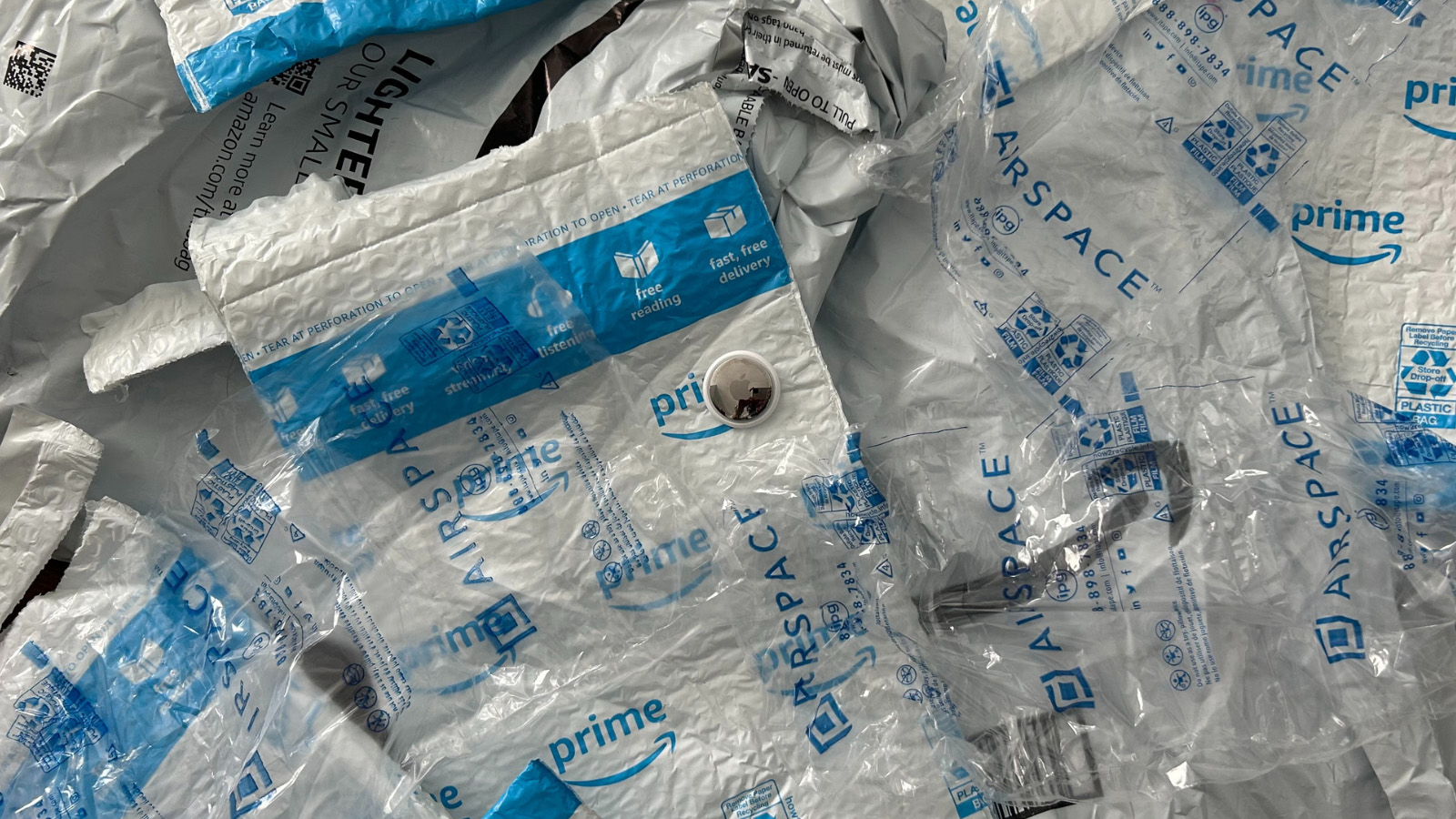
Top 11 Ways to Save Energy at Home
How to boost energy efficiency while sheltering in place.
Many of us are spending all our time in the house these days, here's how to reduce your energy use.
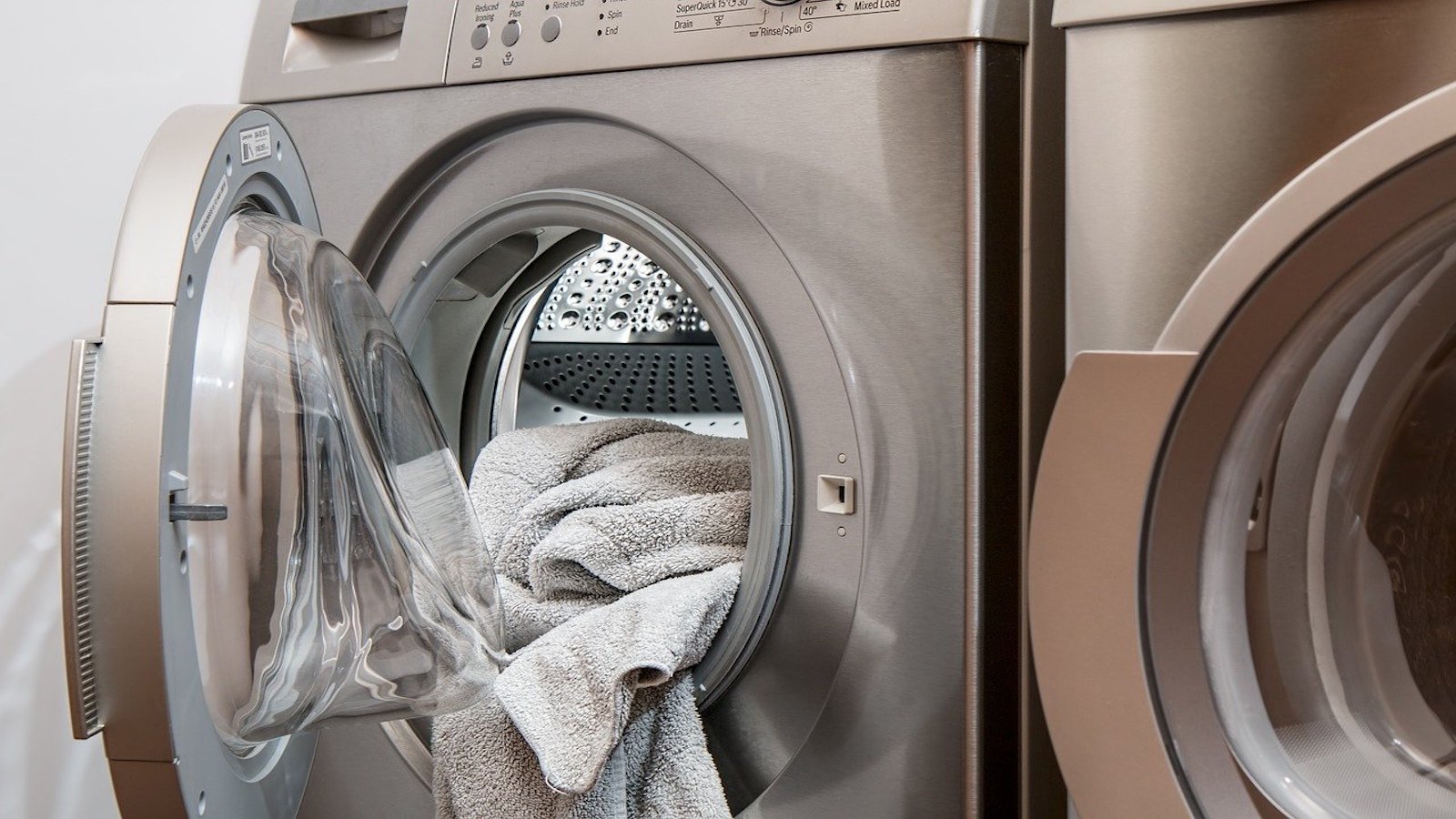
How to boost energy efficiency while sheltering in place.

” );
jQuery( “.shareBox”, this ).jsSocials({
shares: [“twitter”, “facebook”],
// URL to share
url: urlCurrent,
// text to share
text: shareText,
showLabel: false
});
});
});





Topics
Find Out More

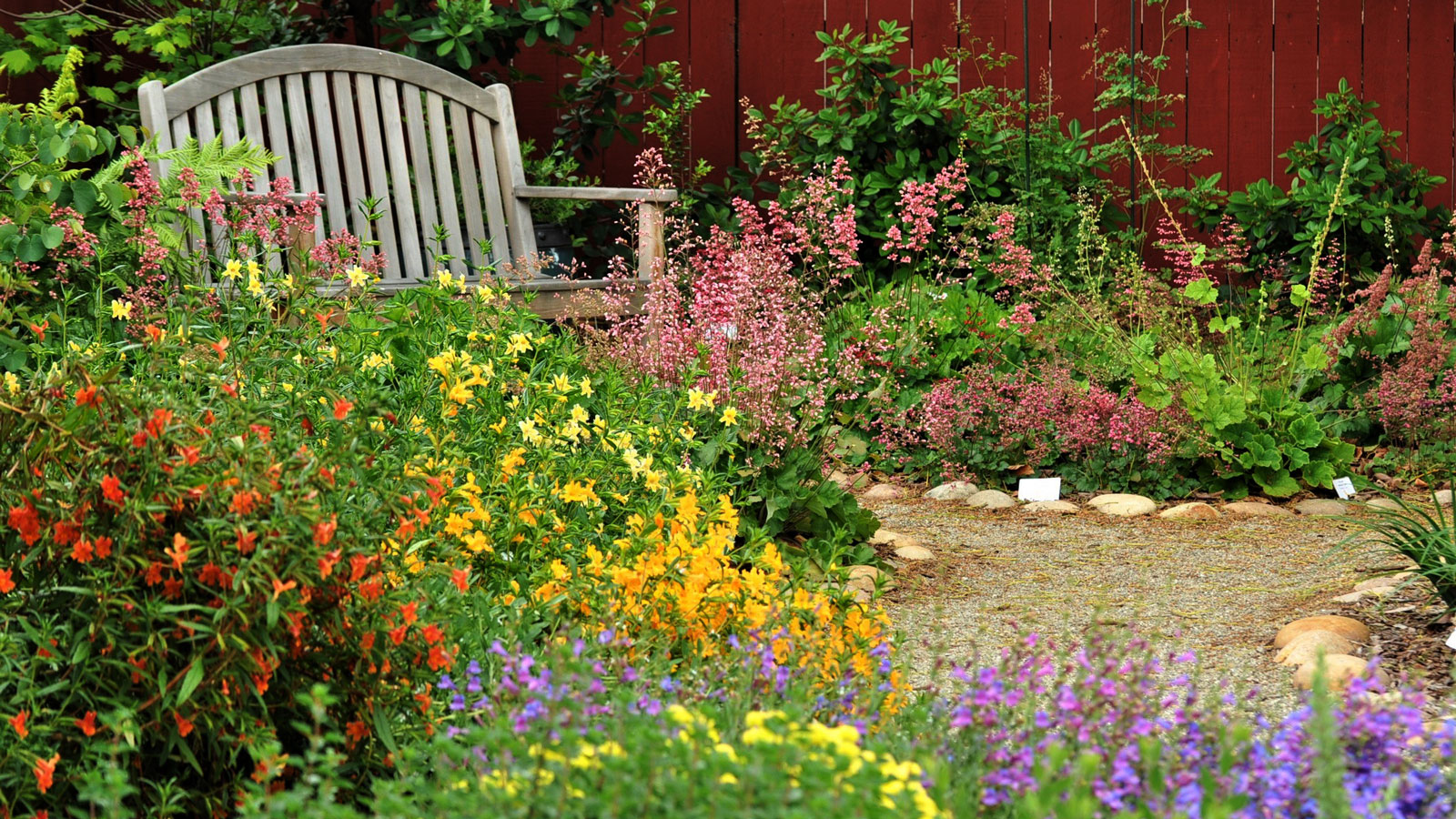
Guide to planting a pollinator-friendly garden
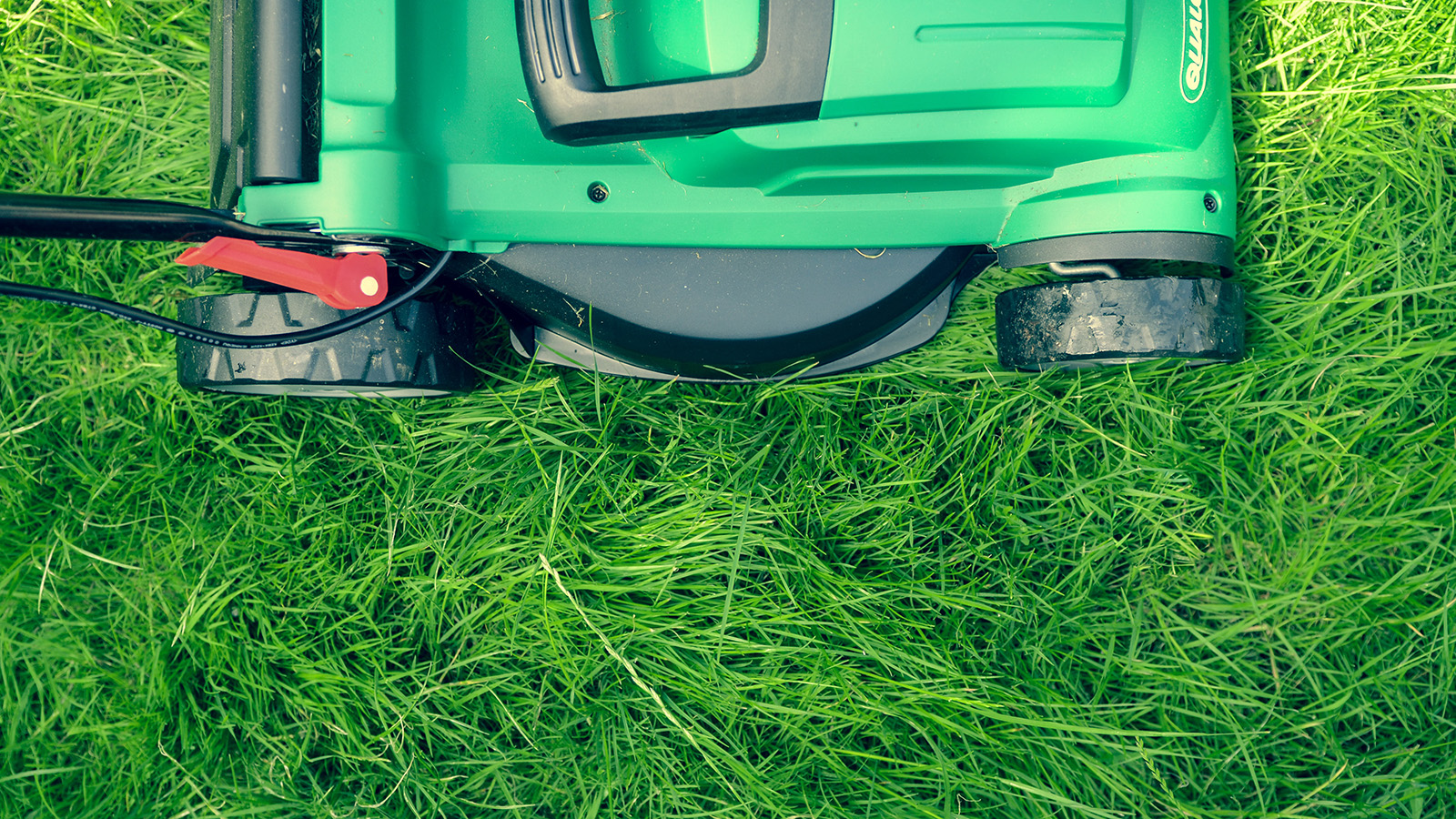
Lawn care goes electric
